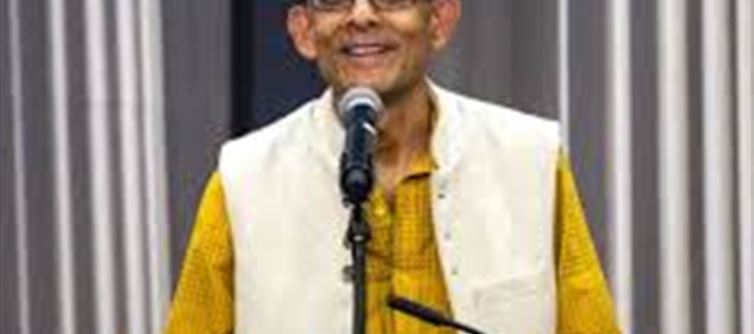Nobel laureate
abhijit banerjee has said on the occasion of a program at BML Munjal
university that after the
donald trump administration's announcement of imposing an additional 25 percent duty on
indian goods,
india should consider whether importing cheap
oil from
russia is beneficial or not.
US President
trump signed an executive order last week, in which an additional 25 percent duty was imposed on
india due to India's purchase of
oil from Russia. This will take the total duty imposed on
india to 50 percent, which is one of the highest duties imposed by the US on any country in the world. The additional 25 percent duty will come into effect from
august 27.
Will the US remove the duty if we stop importing Russian oil?
Banerjee told PTI-Bhasha, 'We have to think seriously about whether it is worth importing
oil from
russia or we have to go to the US and say that if we stop importing Russian
oil, will they remove the duty.' As the hefty duty is likely to impact India's $27 billion non-exempt exports to the US, there are talks of stopping or reducing
oil imports from Russia.
"It is not wrong to think about it. Some of our exports are not competitive even at 25 per cent duty, so maybe 50 per cent duty does not make sense," the noted economist said.
india is the biggest importer of Russian crude and bought 1.6 million barrels per day in July. However, the country has not placed any orders for
august and September. This is also because the discount on Russian
oil has now come down to about two US dollars per barrel.
China also needs to think
Asked if
india should lift the ban on investment from
china, Banerjee said, "We should link it with trade talks with China." He further said, "I think this is the right time to do so.
china also needs to think about how they will trade with the US and what benefits they have."
Asked if
india should join the ASEAN trade group,
abhijit banerjee said, "Maybe I think we should. I think
china is much more important than ASEAN." Speaking about the performance of the
indian economy in the current fiscal year amid geopolitical tensions and trade uncertainties, he said, "It will not be as good as we had hoped."






















